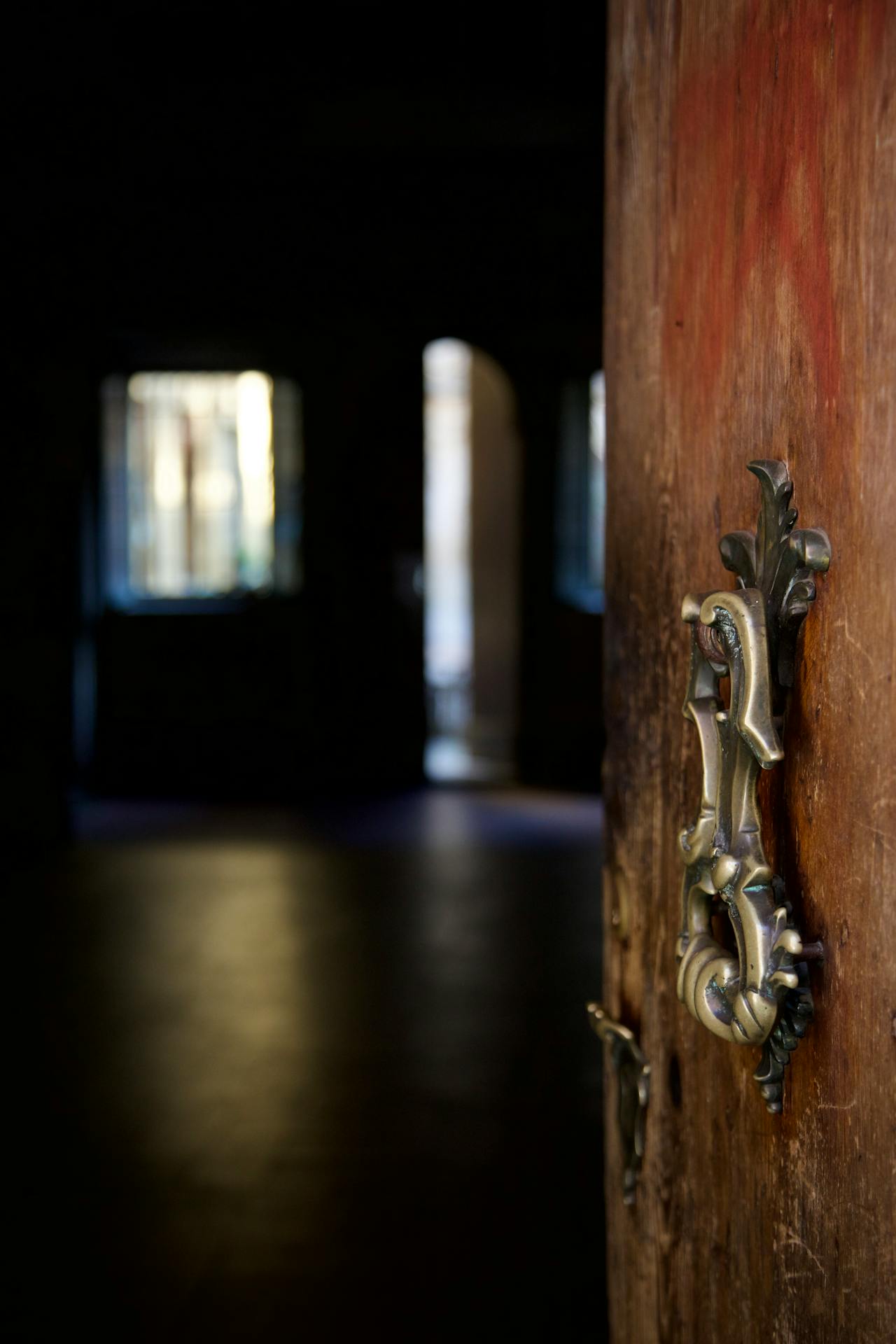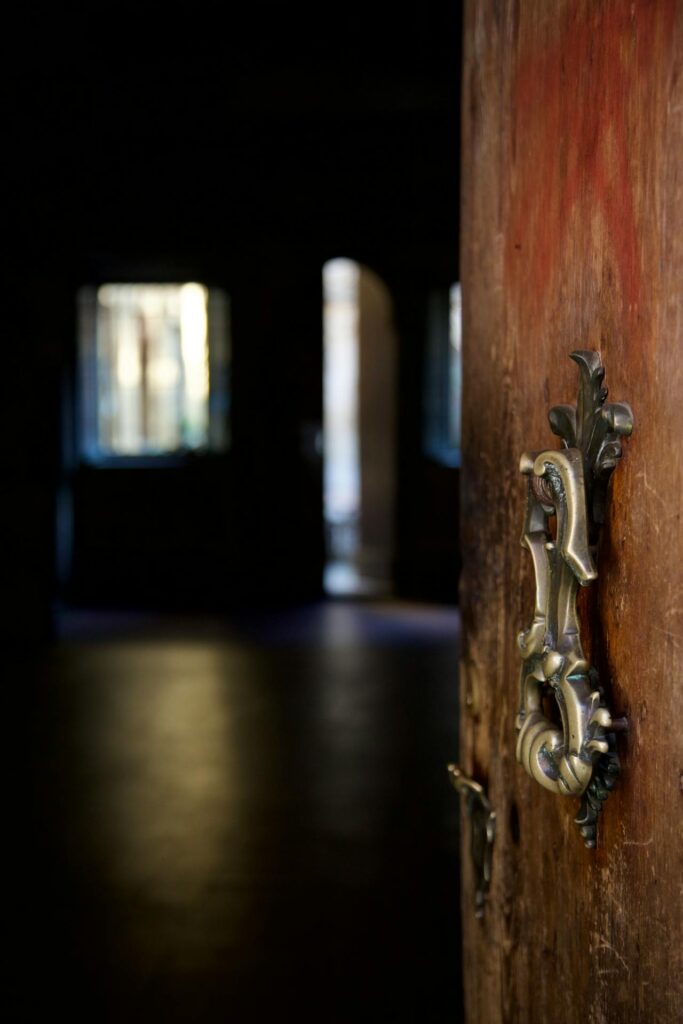
November 22, 2025
Salt Lake City history advocates have been pushing to ensure the Paul Cephus Howell House is culturally preserved.
A landmark tied to one of Utah’s most influential Black residents has officially been guaranteed long-term protection. This week, the Paul Cephus Howell House became the first property in the state with significant African American history to receive a permanent preservation easement — a move that ensures the home will stand for generations to come.
As reported by Fox 13, Tiffany Taylor, who owns the Central City home, said she has always been drawn to old spaces and the stories they hold. But she didn’t realize the magnitude of the history inside her own walls until after she purchased the property.
“A friend of mine, he was a realtor, said, ‘You’ve got to see this house.’ I came in to look at it, and I fell in love with it,” she recalled. “I always wondered about the history, and Rachel Quist… did a blog on my house. So, I got in touch with her, and that’s how I found out about Paul Cephus Howell.”
Howell, whose family made a lasting impact on the city, lived in the home for roughly 15 years. According to Robert Burch — founder of the Sema Hadithi African American Heritage & Culture Foundation — Howell earned a groundbreaking place in local history.
“He lived in this house for about 15 years. He was the first African-American detective on the Salt Lake City Police Department,” Burch explained.
Burch noted that Howell’s story rarely receives the recognition it deserves, even though he played a central role in Salt Lake City’s Black community. Preserving homes like this, he said, is essential to making forgotten stories visible again.
“What happens a lot of the time is that the past is forgotten,” he said. “We remember the past a lot of the time by the buildings that we sit in. And that’s why this building is significant to this community. Because we can remember what Central City looked like.”
The newly signed preservation easement — a binding agreement between the homeowner and a historic organization — ensures that the structure cannot be demolished or substantially altered, even if ownership changes hands.
“I just signed a couple days ago for the easement, so this house will never be torn down,” Taylor said. “And even if I sell it, whatever, when I’m gone, it still can’t be torn down because it is an amazing piece of Black history. And Utah has a lot of Black history that should be brought out.”
For Taylor and preservation advocates, the Howell House is more than an architectural gem. It is a physical reminder of a rich legacy long overlooked — and now, permanently secured.
RELATED CONTENT: Legislation For Florida Museum Of Black History Moves Forward





